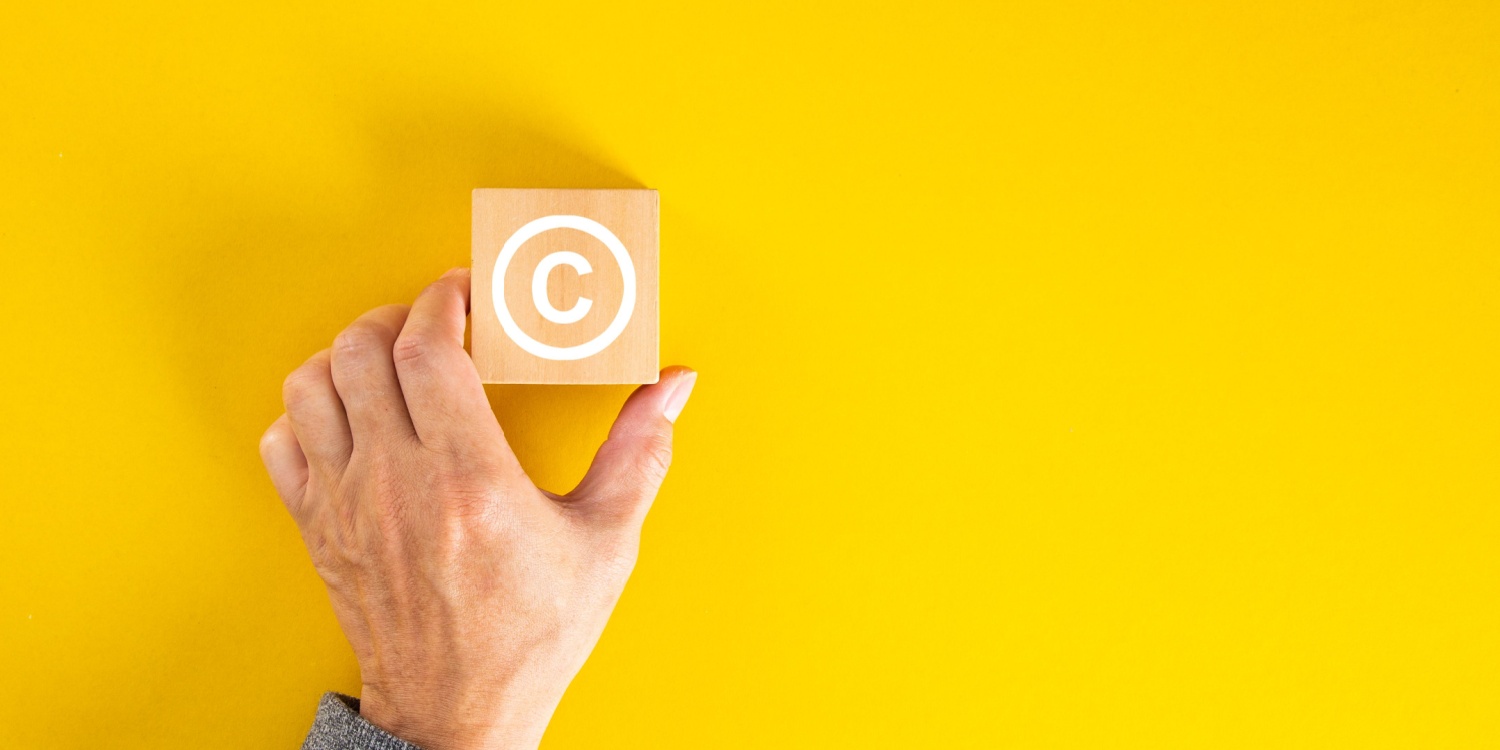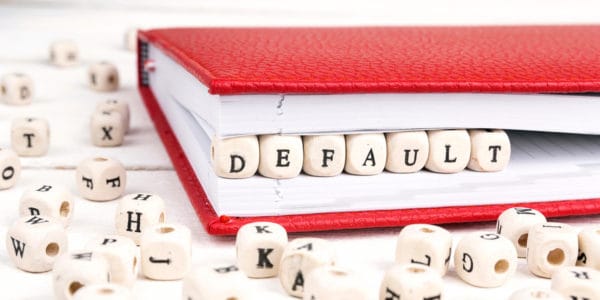Copyright law exists to protect the original work that someone creates. As a business owner, it’s essential to understand the concept for two reasons. Firstly, you’ll want to ensure your work isn’t being used without your permission, as this can damage your brand. Secondly, you must ensure you don’t wrongfully use someone else’s work, which can result in penalties or even prison.
Key takeaways
- Protect your original work by using the © symbol and adding watermarks to deter unauthorised use.
- Always obtain permission before using others’ copyrighted materials to avoid legal penalties and fines.
- Explore additional intellectual property protections like trademarks and patents to safeguard your business assets effectively.
This guide will cover everything a small business owner needs to know about copyrights. Let’s get started.
What is copyright?
As the name indicates, copyright is a right that prevents the copying and reproduction of work. It is a type of intellectual property (IP) right, with intellectual property being something invented using the imagination. Copyright exists to protect authors’ work from exploitation.
What types of things are copyrighted?
As defined by GOV.UK, the following pieces of work can all be protected through copyright (meaning that someone can not use it without the creator’s permission):
- Literature
- Dramatic writing
- Music
- Sound recording
- Art
- Illustration
- Photography
- Software
- Web content
- Databases
- Film
- Television
- Broadcasts
Who owns a copyright?
The person who created the work is generally considered the ‘author’ and, in most cases, will be the ‘first copyright owner’ (as set out in 1988 Copyright, Designs and Patents Act). However, there are a few caveats. We’ll look at these now:
1. Created under employment
If an individual creates something as part of their regular job, the employer owns the copyright.
2. Created as a freelancer
If an individual creates something as part of a freelance job or under a commission, they would automatically own the copyright. But, as part of the contract, it is common for the creator to sign over the copyright to the person who commissioned it.
3. Created as a collaboration
If a piece of work was completed by more than one person (and it was not created under employment terms) – and the end result is an indivisible whole – every person involved would be considered to be a joint owner, unless a prior arrangement was put in place. In this instance, if someone wanted to use the copyrighted item, all right holders must provide permission.
However, if the work can be split up, with individuals clearly owning different parts of the project, copyright can be separately assigned to each aspect of the work.
What does copyright prevent?
If permission has not been granted by the copyright owner(s), work cannot be:
- Copied
- Distributed
- Lent out
- Rented out
- Performed publicly
- Adapted
- Placed on the internet
There are a few exceptions to copyright that you can find out about here.
How is work copyrighted?
The great thing about copyright law is that it assigns copyright automatically. The creator does not need to do anything. Once the work has been completed, the content is copyrighted. There is no application process or registration fee required.
However, many creators choose to claim their work and demonstrate that they are aware of copyright law by placing © next to their work, often alongside the date that it was published. Whilst this doesn’t add any further protection, it can act as a deterrent to people thinking of using the work without permission.
What other forms of intellectual property protection are there?
As a business owner, copyright won’t always be enough to protect your brand, services, and intellectual property. See the following for extra IP protection options:
- Register a trade mark to protect your company name(s), product name(s) or music associated with your business (cost: £170; find out more about registering a trade mark here)
- Register a design to protect a product’s appearance, including packaging (cost: £50 – £150; find out more about registering a design here)
- Patent an invention to protect an original product that you have created (cost: starts at £310; find out more about patenting an invention here)
What is the punishment for copyright infringement?
If copyright infringement issues aren’t resolved privately, they generally lead to civil claims, which can result in damages being paid to the copyright owner.
In some situations, infringement is treated as a criminal offence, and a criminal court can impose damage payments, fines and even imprisonment.
If it reaches a magistrates’ court, fines can go up to £50,000 and prison sentences up to six months, and if it goes to Crown Court, there’s no cap on the fine and prison sentences can be as much as ten years.
What you need to do
When it comes to protecting your own work, we recommend taking the following steps:
- Use the © symbol next to all appropriate work alongside the author’s name and the date it was produced
- Add watermarks to appropriate work, to ensure you’re credited even when work is used without your permission
- Use Google Alerts on keywords and terms associated with your business, so that you’re notified when content is used without permission
- Explore the other IP protection options, including trade marks, designs and patents
- If engaging with freelancers, always discuss copyright and ownership before commissioning work
- Talk to a legal expert as soon as you suspect your copyright is being infringed upon
When using work created by other people, always tread carefully. Be conscious of using anything wrongfully, but be extra careful of photography and imagery, as this is where small businesses typically fall foul of copyright law.
With this in mind, if you don’t have anything original to use, take advantage of the various stock imagery services (and always check what you can and can’t do with an image once you have purchased it).
Before using someone else’s written content, contact the copyright holder first to determine whether they’re happy for you to proceed. It always pays to be diligent – don’t publish anything without considering copyright law.
So there you have it
That’s what small business owners need to know about copyright law. We hope you have found this post helpful as you strive to protect your original work.
Regarding other peoples’ work, always check with the copyright owners or a legal professional first. “It’s better to seek forgiveness than ask permission” is generally not a concept that applies to copyright law.
Thanks for reading. Please leave a comment if you have any questions.














Join The Discussion
Comments (2)
Excellent article! This small business owner guide was insightful to read for my professional UK accountants business.
Thank you for your comment, David.
Kind regards,
The QCF Team